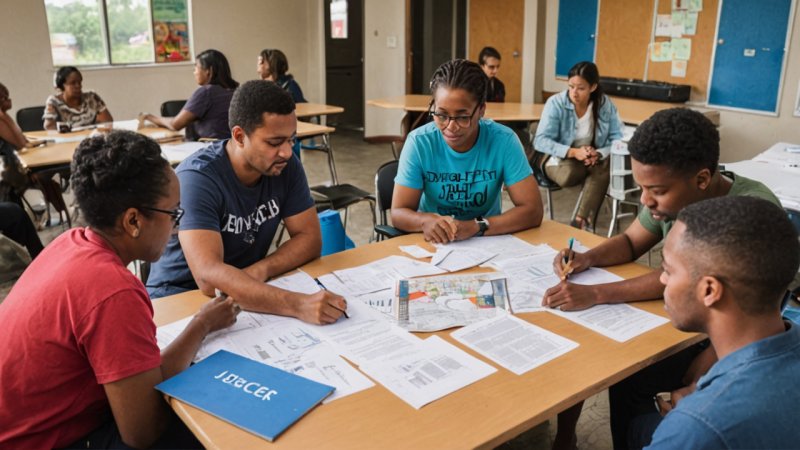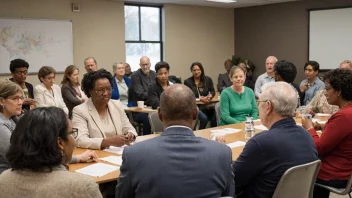1. Promoting Equal Access to Education
Access to quality education is a cornerstone of social justice and community development. Initiatives that ensure all children, regardless of their background, receive an equitable education help to break the cycle of poverty and foster a more informed citizenry.
2. Advocating for Health Equity
Health disparities often reflect broader social inequities. Community programs that focus on delivering healthcare services to underserved populations not only improve individual health outcomes but also enhance community resilience and productivity.
3. Supporting Economic Justice
Economic justice initiatives aim to reduce income inequality and provide fair wages. By advocating for policies that promote living wages and fair labor practices, communities can uplift their members and create sustainable economic opportunities.
4. Fostering Environmental Justice
Environmental justice is about ensuring that all communities have equal access to a healthy environment. Community development efforts that include sustainable practices and advocate for clean air and water can help mitigate the effects of environmental degradation.
5. Encouraging Civic Engagement
Active participation in the democratic process strengthens communities. Encouraging citizens to vote, voice their opinions, and engage in local governance can lead to more equitable policies and social change.
6. Building Inclusive Communities
Inclusion is a fundamental aspect of social justice. Community development initiatives that focus on integrating marginalized groups foster a sense of belonging and ensure diverse voices are heard in decision-making processes.
7. Enhancing Social Safety Nets
Strong social safety nets protect the most vulnerable members of society. Community programs that provide support for food security, housing, and mental health contribute to overall community well-being and stability.
8. Promoting Cultural Competency
Understanding and respecting cultural differences is vital in community development. Programs that promote cultural competency can help bridge gaps between diverse groups, fostering harmony and collaboration.
9. Empowering Youth Leadership
Youth are the future of any community. Programs that empower young people through leadership training and mentorship can inspire them to take active roles in advocating for social justice and community development.
10. Building Stronger Networks
Collaboration among community organizations, local businesses, and government agencies is essential for effective community development. Building strong networks can facilitate resource sharing and amplify the impact of social justice initiatives.
Conclusion: Social justice plays a crucial role in the development of communities. By promoting equal access to education, advocating for health equity, and fostering inclusive environments, we can create sustainable and resilient communities. Every individual can contribute to these efforts, whether through civic engagement, supporting local initiatives, or simply raising awareness about the importance of social justice.






